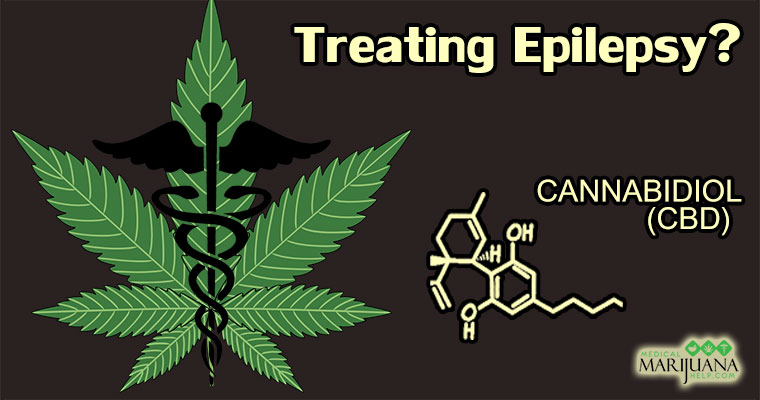A compound present in marijuana could potentially reduce seizures in people with certain types of epilepsy that are difficult to treat, a new research suggests.
Researchers from the University of Alabama at Birmingham, in two separate studies, tested the drug – which is a purified solution of cannabidiol (CBD).
Cannabidiol, a compound found in marijuana, does not produce euphoria or intoxication, according to the National Institute on Drug Abuse.
In one study, 120 children with a rare and severe form of epilepsy called Dravet syndrome, were randomly assigned to take either the CBD medicine or a placebo, twice a day.
The syndrome had caused them to experience at least four seizures in the past month.
After 14 weeks, the patients in the CBD group experienced a 39 percent reduction in the frequency of their seizures on average, compared with a 13 percent average reduction in the placebo group.
Another study involved 171 children and adults with a type of epilepsy called Lennox-Gastaut syndrome.
The participants in the second study also took either CBD or a placebo for a period of 14 weeks.
The researchers found that the patients in the CBD group experienced an average reduction of 44 percent in the frequency of their drop seizures, compared with an average reduction of 22 percent in the placebo group.
A third study tested the medicine (named Epidiolex) in 81 patients who had any type of epilepsy and had previously tried at least four anti-epilepsy medications for their seizures.
58 percent of these participants experienced a 50 percent reduction in their seizure frequency while 9 percent were seizure-free after the six-month study.
The CBD medicine “is not a silver bullet, but there are children who benefit from this more than they have from other treatments,” said Elizabeth Thiele, director of the Pediatric Epilepsy Program at Massachusetts General Hospital, who worked on both studies.
“These are encouraging results, but it is important to note that each patient may respond differently to CBD, and the dose for optimal seizures control varies,” said Martina Bebin, professor of neurology and co-primary investigator of the CBD studies.
“There appears to be an optimal CBD dose range where the patient achieves maximum benefit. If outside this CBD dosing range, the seizure frequency may not improve and may even increase. More research is needed, including determining why and how CBD helps some people with epilepsy but not others,” she added.
Jerzy Szaflarski, director of the University of Alabama at Birmingham Epilepsy Center, said not all patients benefited from the CBD treatment, revealing that a few, in fact, got worse.
According to Szaflarski, more research is needed to determine why CBD does not help all patients with epilepsy.
The studies were recently presented at the American Epilepsy Society Annual Meeting in Houston.
Copyright 2024 TheCable. All rights reserved. This material, and other digital content on this website, may not be reproduced, published, broadcast, rewritten or redistributed in whole or in part without prior express written permission from TheCable.
Follow us on twitter @Thecablestyle

